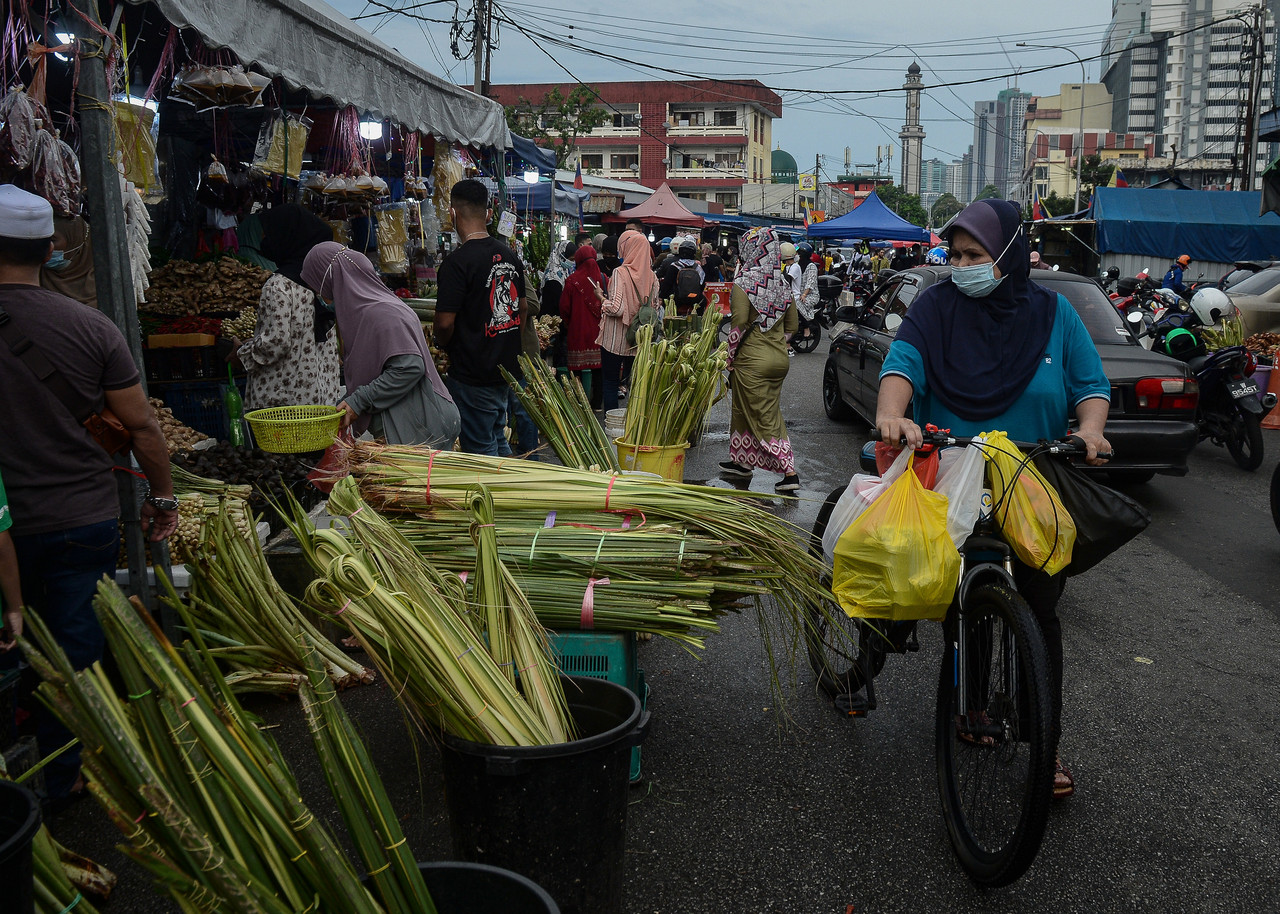MALAYSIA’s inflation, as recorded in the Consumer Price Index (CPI), which increased by 3.4% in June 2022 compared to a year earlier and is led by a 6.1% rise in food prices, does not reflect the actual situation.
This is due to the controlled pricing of certain essential items. The to-be-announced June Producer Price Index, which rose by 11.2% in May, will reflect a more accurate picture of the current situation.
DAP regrets that the Government has refused to set up a RM5 bil Price Stabilisation Fund, as stated in a parliamentary reply to me by the Finance Ministry. Instead, RM1 bil was provided to chicken and poultry breeders to stabilise chicken and egg prices at controlled prices until August 2022.
Despite that, however, supply shortages are still expected because chicken and eggs are still sold below cost. This is due to the rise in global food production inputs such as maize (14.8%), wheat (60.9%) and soybean (19.9%), which are the largest compositions in the preparation of chicken feedstuff.
This has caused chicken prices to increase by 17.2%. Similarly, pork prices went up by 14.6% in June as compared to 10.2% in the previous month.
The Government continues to disclaim any responsibility by blaming soaring food prices on escalating food production inputs due to the war in Ukraine, supply shortages, the disruption in the supply chain caused by the COVID-19 lockdowns in China and high logistic costs.
However, no mention is made of the negative impact hiking up the inflation rate has had on the depreciating ringgit and the acute labour shortage.
“Cost of living will continue going up”
The cost of living will continue to escalate unless there is a price stabilisation fund, the ringgit is strengthened, the severe worker shortage is resolved and the Government’s policy flip-flops ends.
Apart from the bottom 40% (B40), the middle 40% (M40) and small and medium-sized enterprises (SMEs) will be the biggest losers because no Government assistance is offered.
The declining ringgit has only added import costs to businesses while the acute labour shortage has not only adversely affected economic growth, with businesses not daring to accept new orders, but labour costs have gone up too.
Against two of our largest trading partners, the ringgit has fallen to a five-year low against the US dollar on Tuesday to RM4.46, while the Singapore dollar is inching to a record low of RM3.21.
The ringgit’s depreciation against two of our three biggest trading partners in the US and Singapore will only cause inflation to spike up. An indicator of how bad the current situation is can be seen by the price of 5kg of cooking oil at RM19 under Pakatan Harapan, which is now sold at more than RM45.
The Government had tried to imply that whilst the inflation rate has increased to 3.4% in June, it is still lower compared to Singapore’s 5.6%.
Such a comparison, however, is meaningless when the purchasing power parity (PPP) per capita of Singapore is almost four times that of Malaysia. – July 22, 2022
Lim Guan Eng is DAP national chairman, Bagan MP and a former finance minister.
The views expressed are solely of the author and do not necessarily reflect those of Focus Malaysia.









